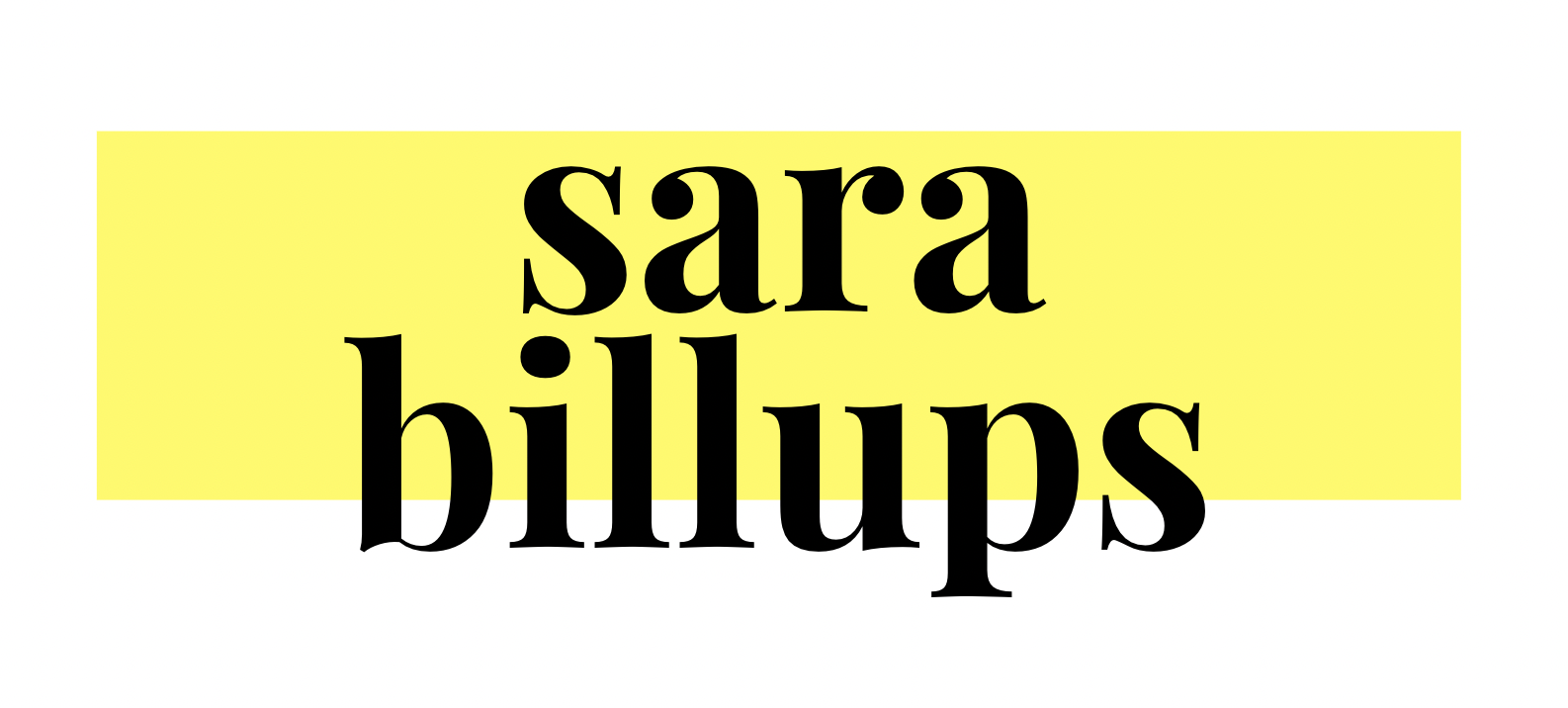When Pandemic "Adulting" Goes Awry
Often, when I meet a new person, the conversation follows a predictable pattern: name, place, job, family. I’m Sara, from Indiana, moved to Seattle, work at a nonprofit, two kids, husband works in coffee. If there’s a lull, I tend to ask about temperament. If someone asks about mine, I’ll say something like, “Oh, I may seem extroverted because I’m chatty and my husband is quiet, but really DREW is the extrovert because he could stay up talking till 3 am. I’m like an old cell phone. My energy drains quickly.”
In addition to personalities, I’m also curious about generational differences— it’s another ice breaker us introverts keep in our back pockets. On most charts and graphs, I am one of the youngest members of Generation X, or a Millennial senior citizen. Obviously, no one fits into generational brackets perfectly, and in a way there’s little point in trying. But unlike Millennials, as the stereotype goes, I did not feel especially precious or coddled by my parents. I was left with the other neighbor kids to roam wild on my bike until dark. And unlike the typecast Gen-Xer, I may be skeptical in nature, but I’ve never been particularly angry.
There are a few names for those of us born in the pocket of time when life began without computers. We’re sometimes called Xennials or the Oregon Trail Generation. We may have had Prodigy or AOL to chat online, but we all still wrote letters. I have binders full of stamped and mailed letters from friends in high school and college, and I’d grab them in a fire.
Some of us in this mini “Xennial” generation resisted technology as long as we could on principle, and had an intuition that MySpace and mobile phones would change everything. Once, in a moment of optimistic indignation, my husband declared he’d never in his life own a cell phone.
We finally caved at a Verizon store in downtown Seattle around 2007. We traded a flip phone in for an iPhone a few years later. Sitting outside the MAC store with my Drew, my sister-in-law and her boyfriend, we were all flies to honey. My mother-in-law, watching as we became glued to the new colorful screens, made a comment that was pretty prophetic: “I think I just lost you all.”
Whenever it seems like I’ve worked through the phases of Covid grief, it doesn't take long to realize one extra stress or unexpected change of plans can tip the scales towards struggling. I’m thinking of little stuff that’s embarrassing to mention: A tax form that needed to be signed and faxed, requiring an unplanned mid-week trip to the UPS store. A meeting Drew forgot to tell me about that would put bedtime and dinner cleanup solely on me when I’d hoped for a tag team effort. Not managing ordinary stress well makes me question my fortitude and capacity to navigate a swift crisis or loss.
This lack of emotional bend-ability when a curve ball comes into the pandemic-era workweek probably sounds familiar. Daily stress is a universal human thing, but it also makes me question if more of us have been influenced by the Millennial resistance to “adulting” than we know. The term is pretty cringe-worthy, but I think right now many of us would like to shave off a few household responsibilities and revert to kid comforts. I know I would. The way I’m eating is nostalgic, what I’m listening to and watching is almost all from the 80s, 90s, and aughts. Years when I was more taken care of or just taking care of myself, but less of a caregiver.
Are we all self-soothers during a pandemic? Isn’t the need for comfort as human as craving sugar, sex, or a beer after a long week?
Covid frailty reminds me of Ann Helen Peterson’s viral Buzzfeed article How Millennials Became the Burnout Generation. A lot of us were having trouble getting it all done before a pandemic. Peterson writes, “...when it came to the mundane, the medium priority, the stuff that wouldn’t make my job easier or my work better, I avoided it.” Or, maybe it’s more of a human and less of a generational attribute to avoid nagging tasks, which is only heightened in this difficult season. Our parents called this a “honey-do list” (a phrase that may be worse than “adulting.”)
How do those of us that follow Jesus think differently about Covid burnout? In John 14:27, Jesus tells us, “Peace I leave with you; my peace I give to you. Not as the world gives do I give to you. Let not your hearts be troubled, neither let them be afraid.”
Jesus doesn't say that we will not be afflicted, suffer, or get annoyed. He doesn’t say there will be no trouble, but instead to not let our hearts be troubled.
We are invited to reorient our hearts, not in spite of, but in the very presence of, daily disruptions.
Today, instead of self-soothing or disengaging, join me and pray Psalm 18:18: He brought me out into a spacious place; he rescued me because he delighted in me. May God bless you with a spaciousness of the heart, a peace that isn’t understandable and holds steady with each daily trial, grief, and fear. You are not alone, we are in this together, and Jesus offers release that is not contingent on ease, but rather steadfast love.


